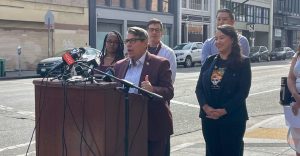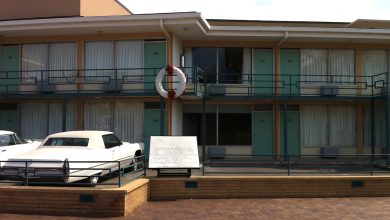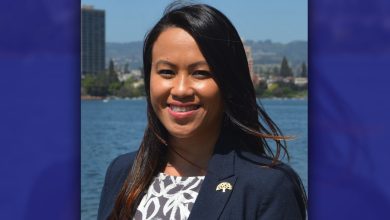Think Beyond the Tie: Five Fun Father’s Day Gift Ideas

By California Black Media
Last week, members of both houses of the California legislature discussed plans to close the state’s $27.6 billion budget gap, restore funds to build housing, preserve social services, and help the state save money.
The legislative hearings on the budget took place nearly three weeks after Gov. Newsom presented the May revision of his 2024-25 annual spending plan.
On May 30, Assembly Speaker Robert Rivas (D-Hollister) and Senate Pro Tem Mike McGuire (D-North Coast) announced a joint legislative budget proposal on May 30 that saves approximately half of the state’s reserves for future budget years.
“Fixing California’s deficit means making tough choices, so the Assembly came to these negotiations focused on preserving programs that matter most to Californians: lowering the cost of living, expanding affordable housing access and sustaining public services,” said Rivas.
The Democratic Party Budget Committee reviewed the governor’s proposed spending plan to remove various programs and reduce funding for agencies statewide. Newsom’s proposed cuts to public schools across California prompted teachers’ unions to push back with advertisements pressuring the governor to reconsider his budget plans.
The California Teachers Association argued that public schools could lose billions in the next few years resulting in a loss of teachers and resources in the state.
“This agreement is sound and makes the necessary tough decisions meeting the needs of this critical time, all while maintaining our commitment to strong public schools, investing in desperately needed resources in homelessness and workforce housing, health care access, resources to keep our communities fire safe, key climate investments and more,” said McGuire.
H.D. Palmer, a spokesperson for the Department of Finance, said that Gov. Newsom agreed to a temporary arrangement with the teachers’ union to delay spending cuts. The parties agreed to suspend Proposition 98, a law that guarantees an annual minimum amount of funding for public schools.
“The result of that is an agreement we can both support, and that advances two shared goals: avoid multi-billion-dollar cuts to schools in the near term and provide greater predictability for school budgets in the long term,” said Palmer.
The State Senate held budget hearings this week to finalize the plan due by June 15. By state law, once the budget plan is passed, the Governor will have to finalize it by July 1, the beginning of the new fiscal year.





